Innovation in the mechanism of decentralization of revenue sources and expenditure tasks
With 426/430 delegates voting in favor (accounting for 99.07%), the State Budget Law (amended) was officially passed. The law creates a solid legal framework, contributing to promoting transparency, efficiency and accountability in the management and operation of the State budget.
The Law focuses on innovating the mechanism for decentralizing revenue sources and expenditure tasks, ensuring the leading role of the central budget, while enhancing the initiative and flexibility of local budgets.
An important highlight of the law is the clear division of responsibilities and powers between the central and local levels, according to the principle that "the level that implements most effectively and promptly will be assigned to that level". At the same time, it encourages localities to proactively pilot new and creative solutions in budget management.
Along with that, cutting and simplifying administrative procedures in the budget preparation, implementation and settlement processes are also given top priority. The goal is to build a transparent and effective process, minimizing costs and time for relevant agencies and units.
The State Budget Law (amended) includes many important adjustments, focusing on abolishing inappropriate regulations, amending and supplementing the decentralization of revenue sources, expenditure tasks and budget preparation process.
One of the fundamental changes is the revision of the method of division and regulation of the proportion of revenues from corporate income tax, personal income tax, special consumption tax, environmental protection tax, land use fees, and land rent. The goal is to ensure the macro-regulatory role of the central budget while not reducing the revenue and spending capacity of local budgets.
In addition, the law also amends and supplements spending tasks in the fields of science , technology, innovation and digital transformation. Accordingly, spending tasks will be arranged from two sources: development investment spending and regular spending, in order to increase initiative, flexibility and ensure more timely effectiveness.
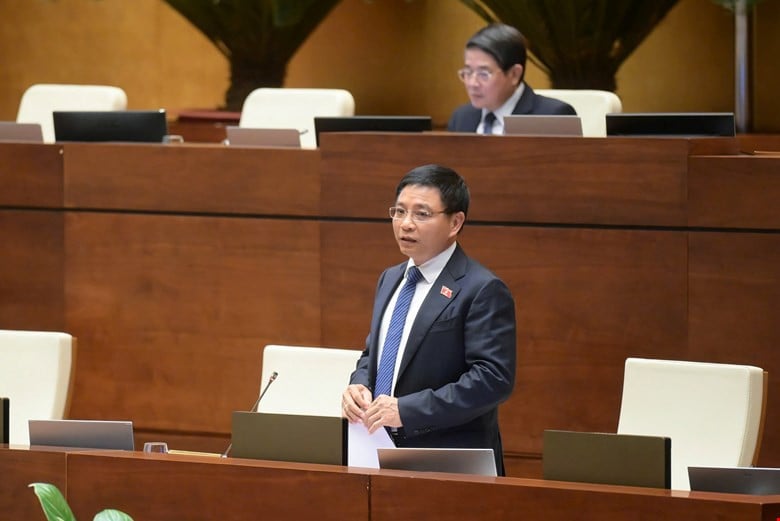
One law amends many laws
With 432/434 delegates participating in the vote in favor (accounting for 99.54%), the National Assembly also passed the Law amending and supplementing a number of articles of the Law on Bidding; Law on Investment under the public-private partnership model; Law on Customs; Law on Export Tax and Import Tax; Law on Investment; Law on Public Investment; Law on Management and Use of Public Assets.
In particular, some articles of the Law on Bidding are supplemented, such as: The Law supplements regulations allowing organizations and individuals in charge of science, technology and innovation tasks using all or part of the state budget to decide on their own to select contractors to provide goods and services.
In the fields of agriculture, forestry and fishery, when performing scientific and technological tasks, the organization or individual in charge is allowed to directly purchase goods and services from households and individuals.
The Law also amends Clause 1, Article 5 in the following direction: For international bidding, foreign contractors must form a joint venture with domestic contractors or use domestic subcontractors, unless otherwise specified in the bidding documents.
In addition, the additional bidding is applied in urgent cases such as: national defense, security, foreign affairs tasks; handling force majeure events; protecting property and people's lives...
Regarding the Customs Law , the amended law allows high-tech enterprises, supporting industries, semiconductor manufacturing, artificial intelligence data centers, and chip design and packaging to apply preferential treatment if they meet the following conditions:
Carry out electronic customs procedures and electronic tax procedures; have an information technology system connected or shared with customs authorities; make payments via banks; have an internal control system; comply with the laws on accounting and auditing.
Regarding the Law on Value Added Tax , amend and supplement Point a, Clause 1, Article 9 of the Law on Value Added Tax in the direction of expanding the concept of exported goods, including: Consumer goods outside the territory of Vietnam; goods sold into duty-free zones to serve export production; goods sold at duty-free shops, quarantine areas for people who have completed exit procedures; goods exported on the spot.
Regarding the Law on Export Tax and Import Tax , the new law abolishes Clause 18, Article 5, and amends and supplements Clause 21 regulating imported goods for the development of science, technology, innovation, and digital technology industry.
Regarding the Investment Law , the law also amends and supplements regulations related to high-tech activities, high-tech supporting industrial products, research and development activities; investment in building large data center infrastructure, cloud computing infrastructure, mobile infrastructure from 5G and above and other digital infrastructure; investment in strategic technology fields, national digital transformation according to the Prime Minister's decision; investment in the field of innovation and national digital transformation.
The above laws come into effect from July 1, 2025.
Source: https://vietnamnet.vn/luat-ngan-sach-nha-nuoc-sua-doi-cap-nao-lam-hieu-qua-nhat-thi-giao-cap-do-2412666.html



![[Photo] Red flag with yellow star flutters in France on National Day September 2](https://vphoto.vietnam.vn/thumb/1200x675/vietnam/resource/IMAGE/2025/8/28/f6fc12215220488bb859230b86b9cc12)
![[Photo] National Assembly Chairman Tran Thanh Man holds talks with New Zealand Parliament Chairman](https://vphoto.vietnam.vn/thumb/1200x675/vietnam/resource/IMAGE/2025/8/28/c90fcbe09a1d4a028b7623ae366b741d)

![[Photo] General Secretary To Lam presents the 45-year Party membership badge to comrade Phan Dinh Trac](https://vphoto.vietnam.vn/thumb/1200x675/vietnam/resource/IMAGE/2025/8/28/e2f08c400e504e38ac694bc6142ac331)
![[Photo] Politburo works with the Standing Committee of Cao Bang Provincial Party Committee and Hue City Party Committee](https://vphoto.vietnam.vn/thumb/1200x675/vietnam/resource/IMAGE/2025/8/28/fee8a847b1ff45188749eb0299c512b2)
![[Photo] General Secretary To Lam attends the opening ceremony of the National Achievements Exhibition](https://vphoto.vietnam.vn/thumb/1200x675/vietnam/resource/IMAGE/2025/8/28/d371751d37634474bb3d91c6f701be7f)










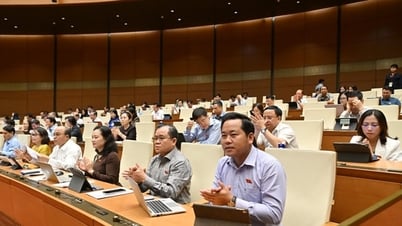













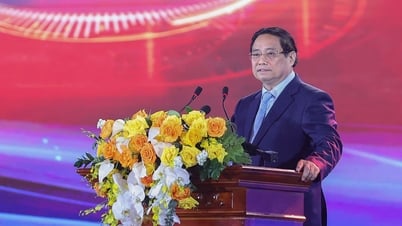


























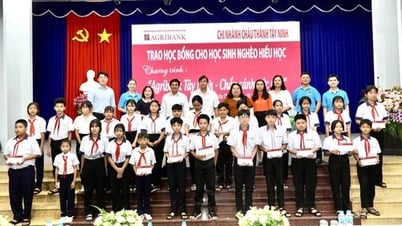


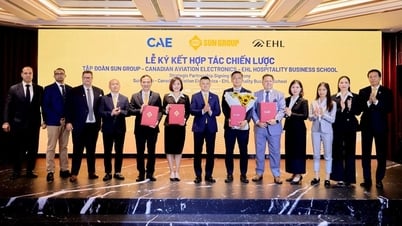



















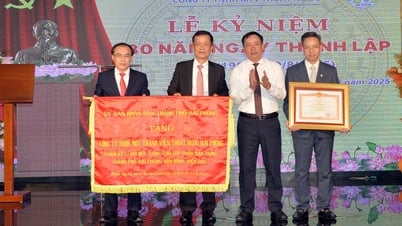

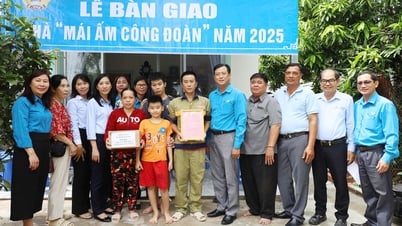
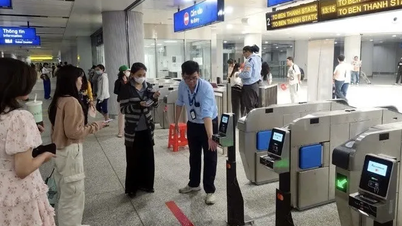













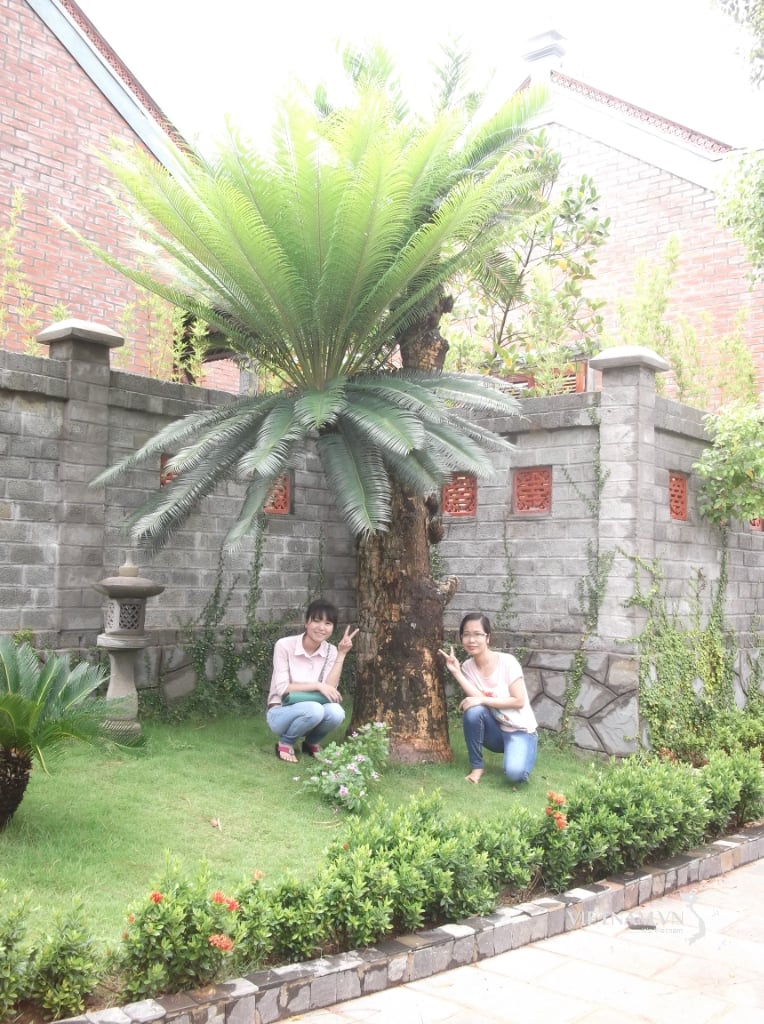

Comment (0)